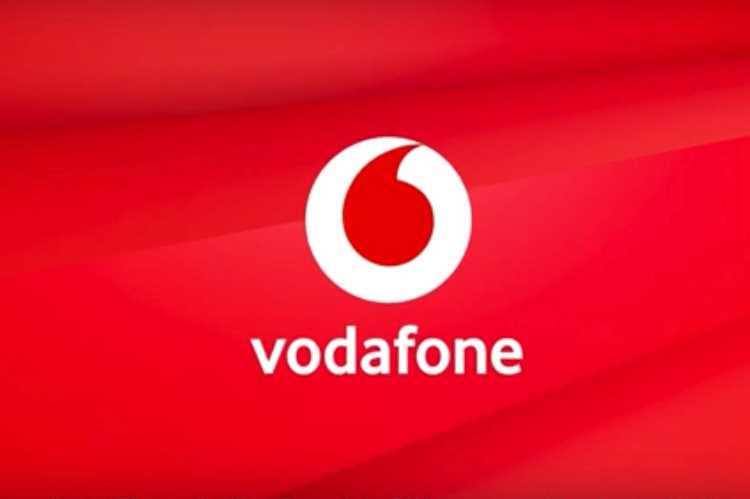
The events playing out in India’s once booming telecom services industry remind one of William Shakespeare’s The Merchant of Venice. Towards the end of the 16th century play, as Shylock prepares to take a pound of flesh from Antonio’s chest, he is asked to remove only the flesh, not a drop of blood. The line of argument saves Antonio’s life. The situation in the telecom industry is eerily similar. Can the government collect its dues without permanently damaging the industry?
The current crisis precipitated by a Supreme Court ruling on the adjusted gross revenue of telecom companies is threatening to consume the entire industry. Vodafone Idea, India’s largest telco not so long ago, is in the throes of bankruptcy. Others such as Reliance Jio and Airtel may make the payment, but it may cripple the companies for years to come. Vodafone Idea has made it clear that it will close down, unless given some relief on the AGR pay-out. The country’s finance minister Nirmala Sitharaman on Monday refused to comment on the crisis till the telecom ministry took a stand on the issue.
READ: Climate crisis: 30% plants, animals may go extinct in 50 yrs
At the heart of the current crisis is a clause in the licence agreement signed by telecom companies as they accepted a revenue-share regime in place of a fixed licence fee regime. The agreement signed in 1999 said the telcos will pay a part of their gross revenue to the government. The telecom companies had been questioning the way the AGR is calculated since 2003. In October, the Supreme Court rejected the telcos’ request to exclude the revenue they earn from businesses other than telecommunications. The government had sought a payment of Rs 92,000 crore from telecom operators, most of which are in deep financial crisis.
The government should have appraised the SC about the possible consequences of the full pay-out for the industry. Even after the court ruled in its favour, the government remained silent and did not come up with alternatives to help the bleeding telecom operators, like waiving interest and penalties. As the Supreme Court has dismissed a plea by Vodafone Idea for not invoking the bank guarantees, one can expect DoT to go ahead with encashing them. Bharti has agreed to pay Rs 35,500 crore AGR dues by March 17, Vodafone Idea has made it clear that it can pay the Rs 54,000 crore dues only in tranches.
READ: India trade volumes shrink; economist sees Greta Effect
The government has in the past overruled the Supreme Court as in the case of Vodafone tax case when it came up with a retrospective tax amendment. Though such a move smacks of arbitrariness that could lead to tension between the executive and the judiciary, the current situation may warrant such an intervention. India is currently going through a severe economic crisis that has affected many sectors. The plight of the telecom industry exemplifies the current state of Indian economy. If Vodafone Idea succumbs to its financial problems, the sector will see the emergence of a duopoly of two powerful players that may not augur well for the country.
The Narendra Modi government managed to take some business-friendly steps in its first term, but it is looking out of sorts now. What is happening currently will have long-term implications for India that is trying to attract global capital to boost its manufacturing sector. The country needs a congenial atmosphere to achieve the ambitious goals set by the government. It needs a holistic policy outlook that will ensure that decision making is predictable. As it looks to emerge as a global economic powerhouse, India cannot afford the image of a rent-seeking state.
Anil Nair is Founder and Editor, Policy Circle.


